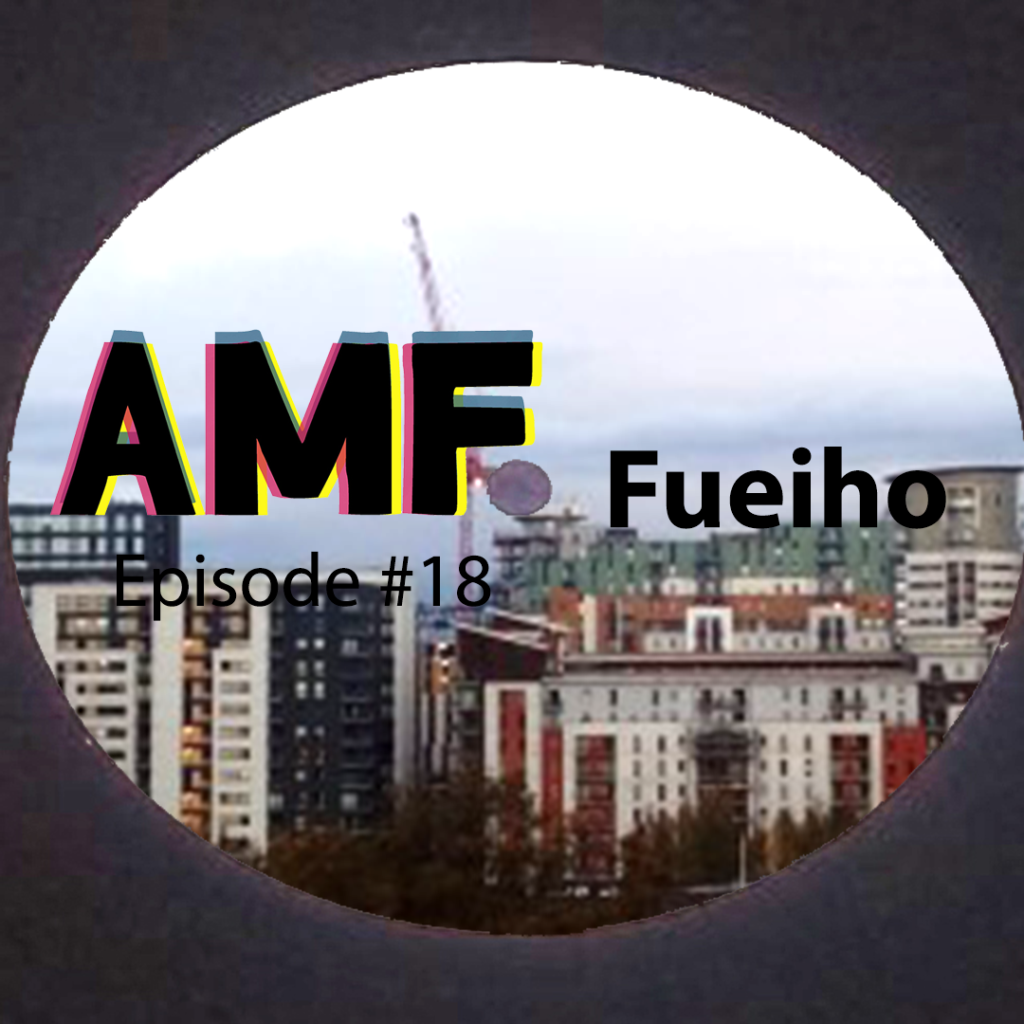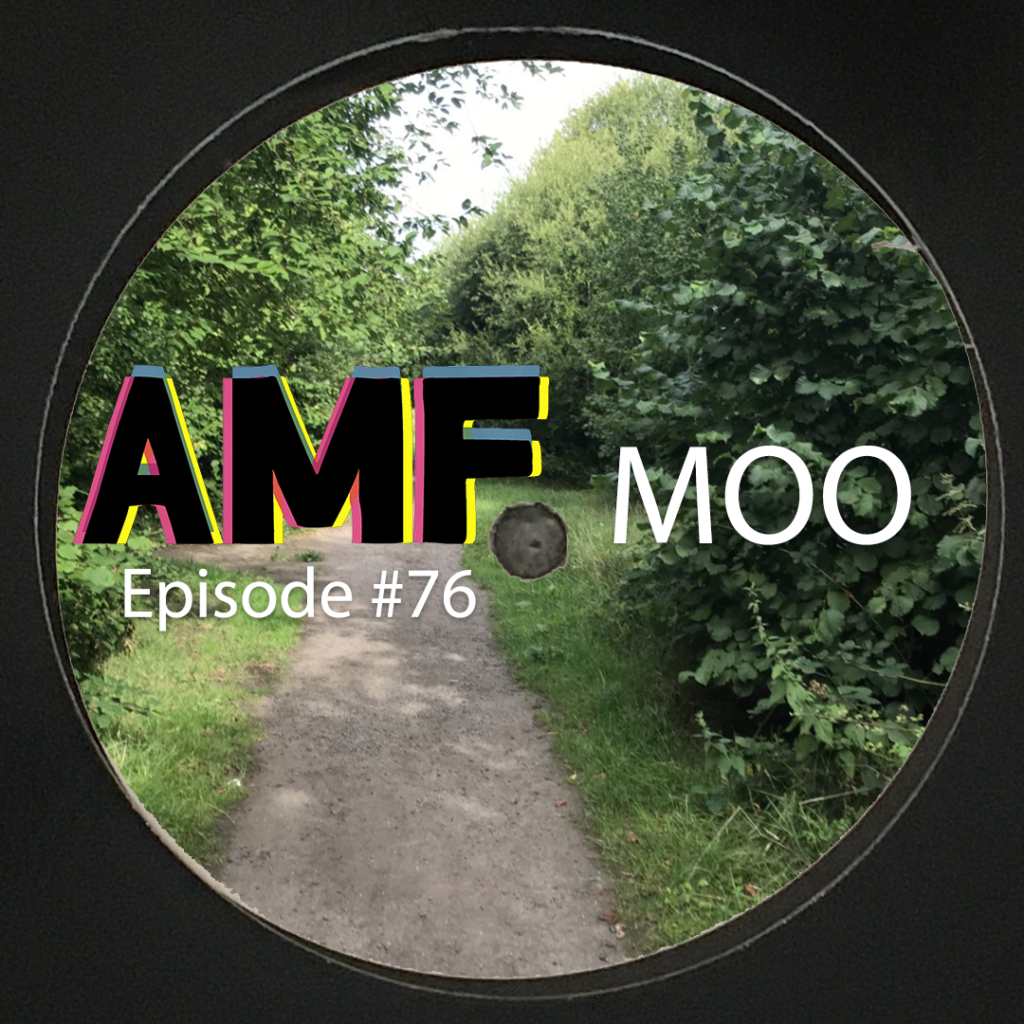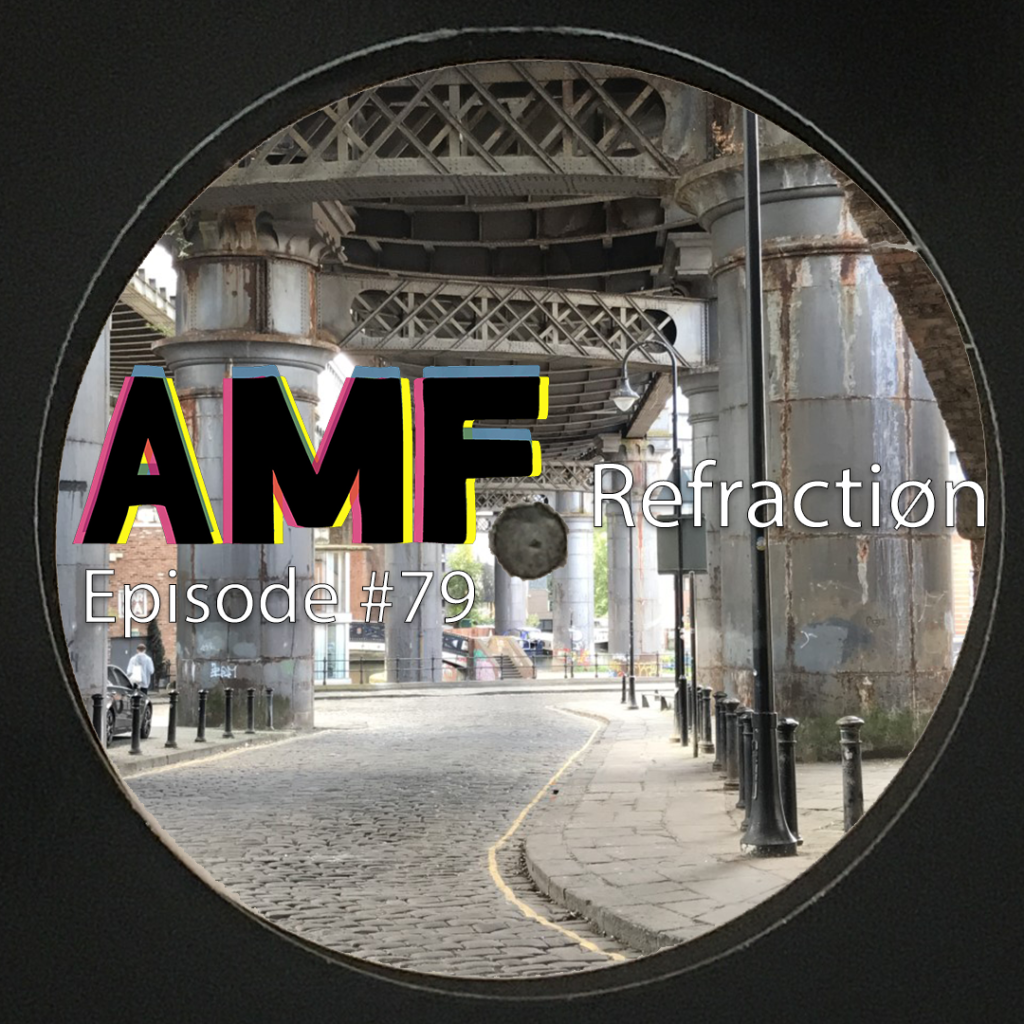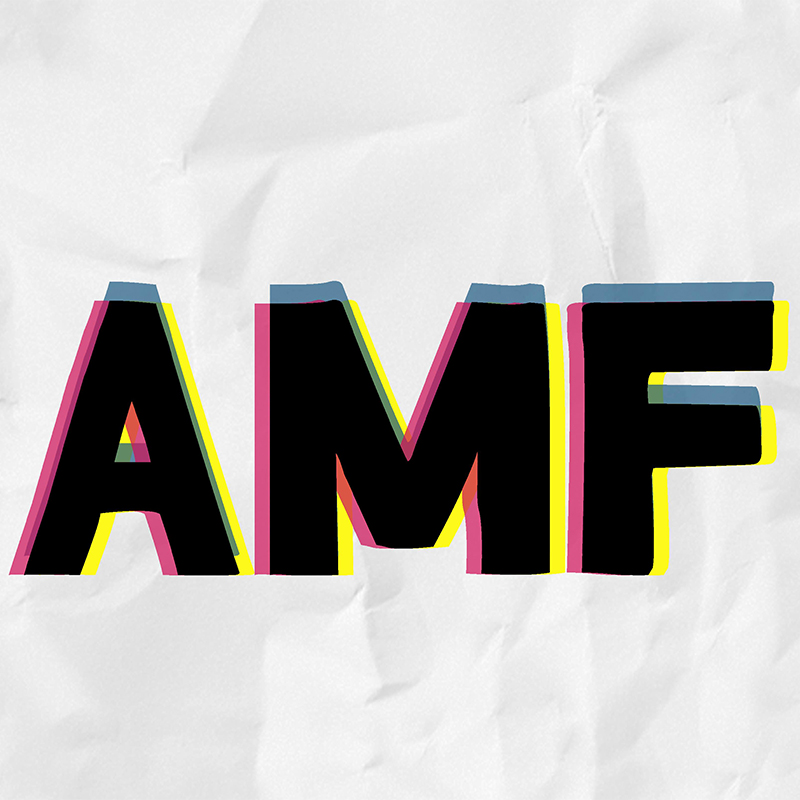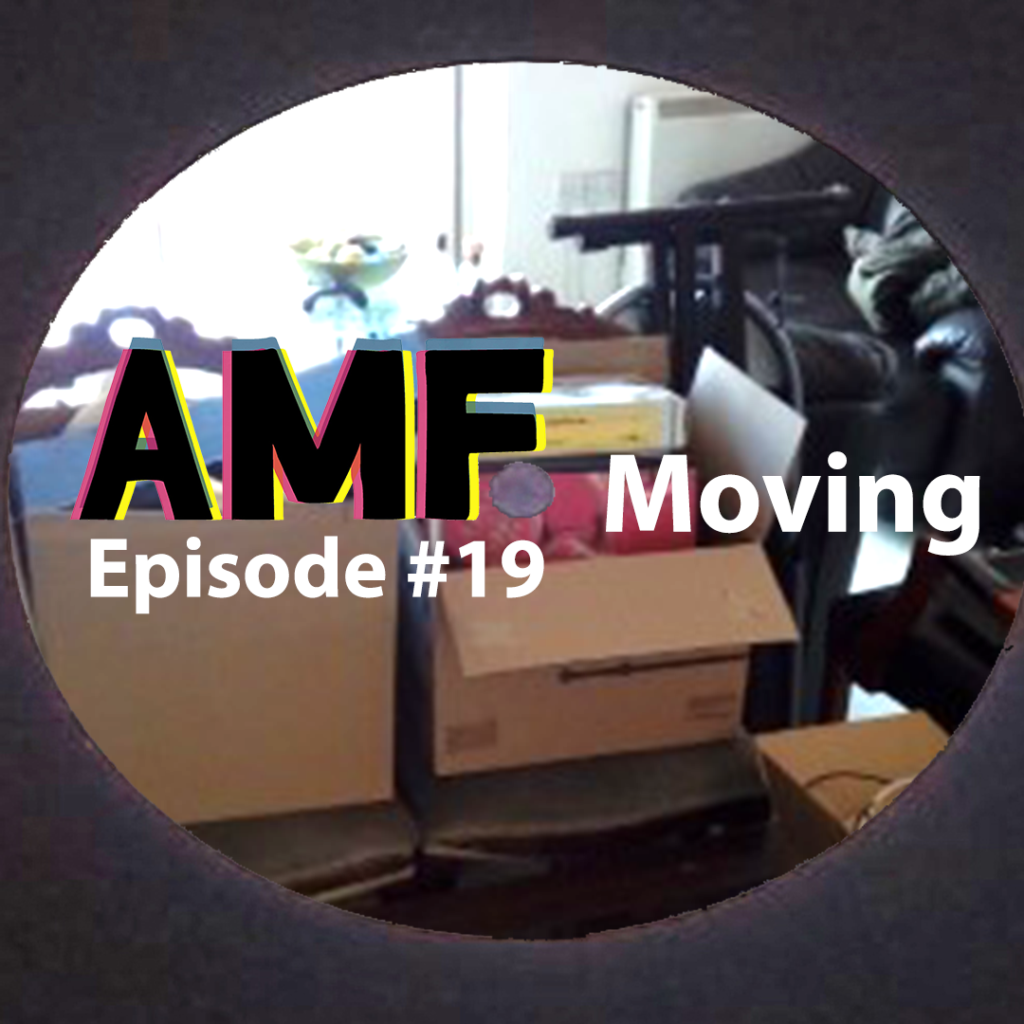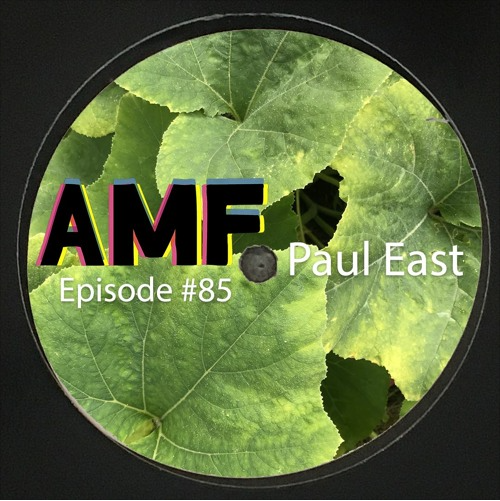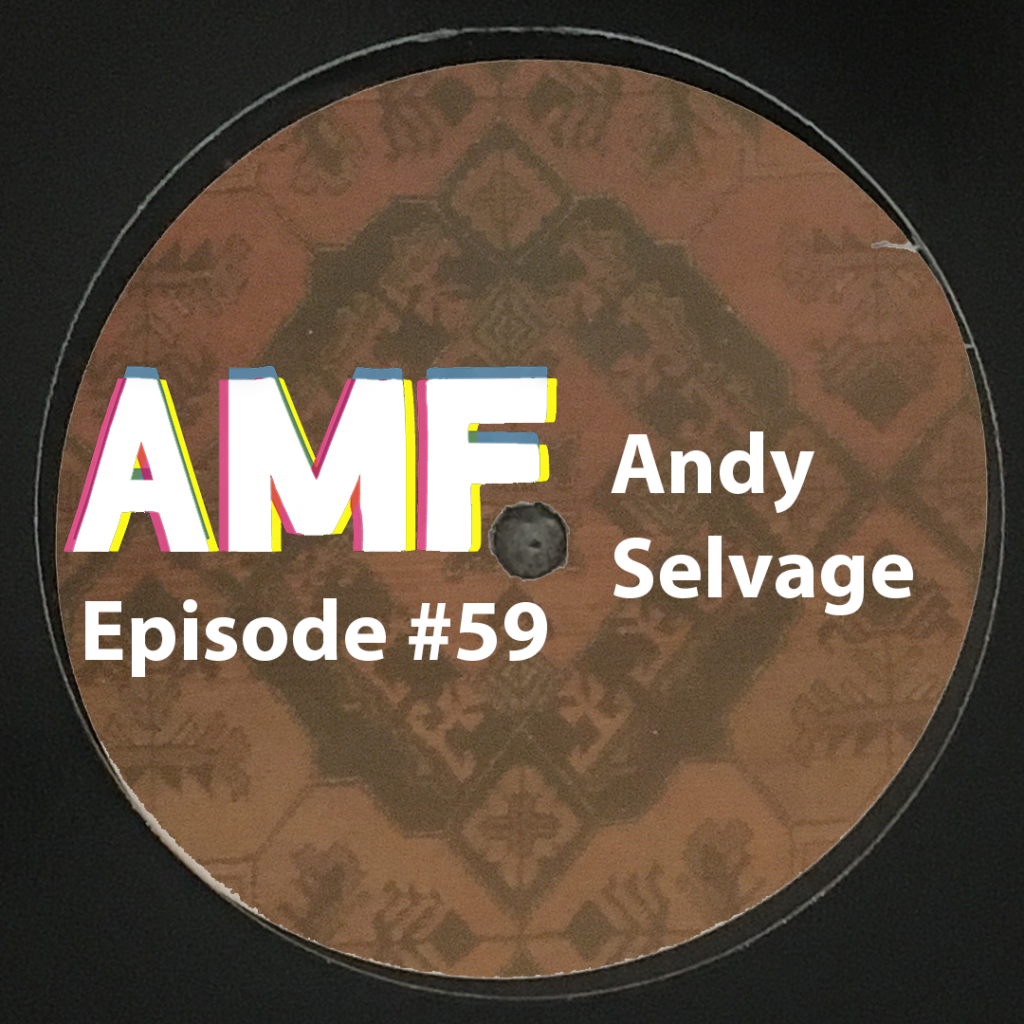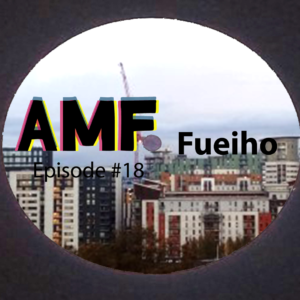
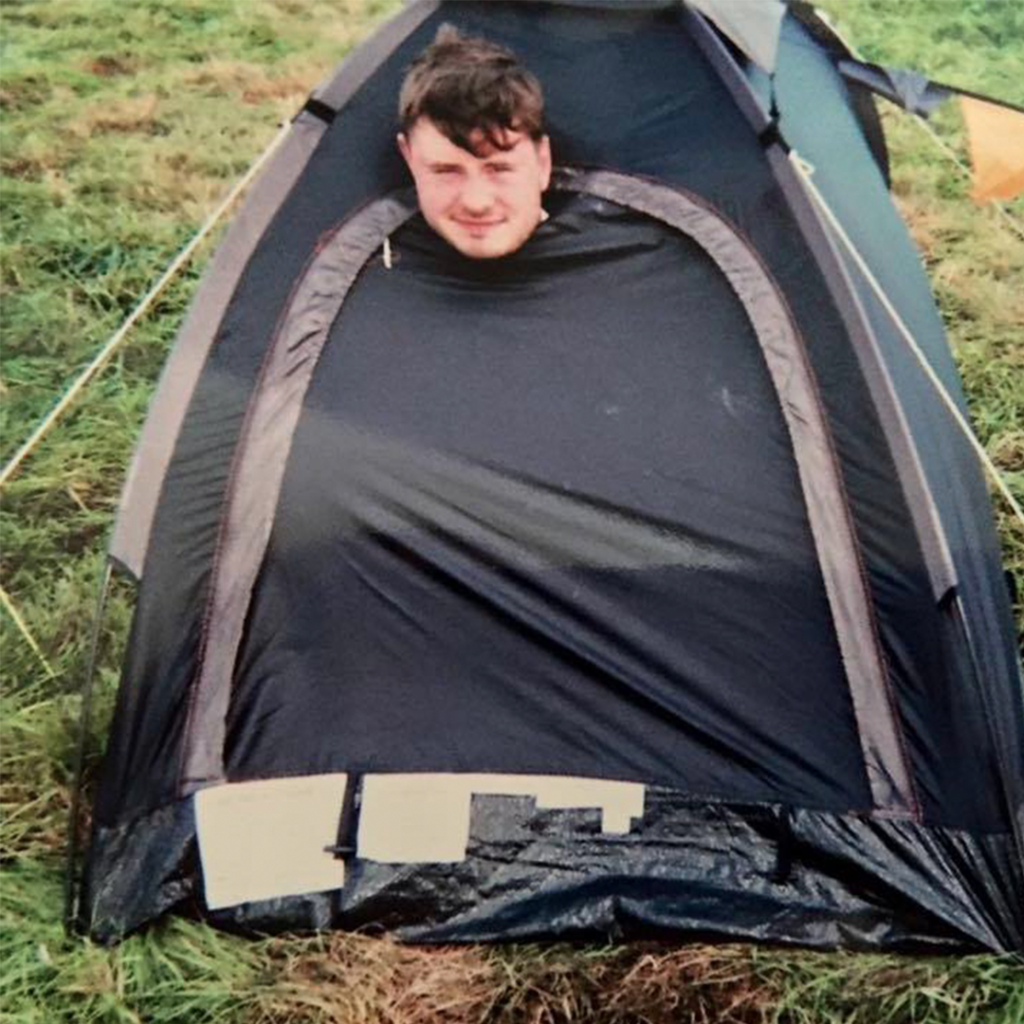
Written By – Liam Donoghue
AMF Head Honcho – Author Bio
AMF founder, resident, writer, and podcaster.
Facebook – Instagram – Soundcloud – Youtube
A sonic adventure, a collection of moods and sensations. Episode 18 has been meticulously arranged by Fueiho for your listening pleasure. A contemplative and creative mix this hour and a half has a lot of emotions to mine into for that looking to go beyond a 4/4 beat.
AMF caught up with Fueiho to discuss creating music and Manchester. Interview below.
As a founding member of Traffic MCR You’ve been djing and producing music in Manchester for several years, both with Traffic and independently. When did you realise you had a passion for music and what does your musical journey up to this point look like?
Wow, what a heavy question! How does any musician, professional or hobbyist answer that one? Err, well, for me it started from a young age: both my parents are amateur orchestral musicians and I grew up with choral music and all the support that goes with that.
As for Djing and tinkering with beats on the computer, that came about because I needed to find a way to make the whole thing by myself. I guess you could say that I struggled to inspire passion in others, but you could argue that I also wanted creative autonomy.
Today things have progressed to a point when music to me is a convoluted story. I have two projects, Laika & Fueiho, each with their own character but sharing strong compositional components and of course both lean heavily on the sounds of my modular system. I confess that my work rate and completion rate is pretty inconsistent, but, I also believe I’ve never made better music.
Can you cite any Influences when it comes to creating music and DJ’ing? Whether they’re artists collectives or spaces?
Currently, my biggest source of inspiration isn’t a person or group but a piece of equipment: my field recorder, which I try (and fail) to take everywhere with me and record textures and sounds to make music when I can’t make music. But, more generally I find sources of inspiration and influence to be completely momentary and spontaneous, in that sense I am very erratic; I will listen to something or hear a sound, or much worse, feel the crushing shame and guilt of being unproductive and nestle myself in front of the computer and start to create. I would, however, say that any trip to Eastern Bloc with some pennies to spare, or in the evening with open ears, always rejigs my focus.
You’ve released several tracks over the years, many which you can find on Bandcamp. What does your creative process look like when you’re building a track?
Hmm, tough question. I have found myself leaning on my modular synthesiser for a beginning, drumming up a patch and turning knobs for hours trying to find a collection of sweet-spot knob positions and a special few that can be manipulated during recording, but I’ve had mixed results.
Other times I will try and build a sound using something I’ve recorded before, or lifted from a film (I was working with samples from Korean film “The Wailing” not too long ago), or with some new software graciously rented from the recesses of the internet. For me, it always starts with some kind of sound design. It may be preordained what kind of element that sound will be, or it might come out of the creative process, either way, whether it is percussive or textural, that will dictate where the track will go from there.
I do try to work with basic concepts to keep me on track with what the project I’m working on is about, not that I won’t allow the odd one-off that doesn’t fit: I’m not that disciplined. I feel strongly that my music should have some kind of purpose, so, for example, the project I’m yearning to finish is based on the Japanese word “Mu”, roughly and barbarously translated as nothingness, and the series attempts to make use of nothingness in different ways.
So when I’m making these tracks I’m going into it with the knowledge that there has to be some inclusion of spaces, but it’s up to me how I define that so I don’t feel restricted, neither do i make a series of tracks that are all the same. For reference, the last track in the mix is from that project.
Moving onto your mix, how did you approach the session? Obviously putting together a mix for a blog is different to playing live. Was this an opportunity for you to dig a lot deeper into your record bags and play tracks together that tell a story?
Aha, I’m not sure about tell a story, maybe, perhaps I left plenty of space for a listener’s narrative. I have actually been thinking about how I would put this thing together for a while now, definitely as you say, not in a manner I would perform on stage. In that sense by proxy, I have made it with the intention of, hopefully, an intimate recollection and consumption.
As for deep into my bag the truth would be that these are the records that sit on the top, the ones that get the most attention while I’m listening at home. It’s really a mix of my favourite moods and sensations, tracks that I respond to in an emotional way. What was interesting while I was recording it was that neither of us that live together seem to have at the moment one good, clean, working stylus, so the whole thing has this dusty, distorted aesthetic that (unintentionally) suits the gloomy moody that I was looking for, and I even ramped it up a little after too.
Are there any standout tracks in the mix you wouldn’t mind sharing with us? Tracks that have a story behind them or you’re really digging at the moment?
This is the point in the interview that I admit to bending the truth earlier. There is one track that I played here that is from a 12″ that I have been influenced greatly by in recent months, in fact, the best part of a year for me. The EP is called “Sathurnus” by Hypnus records founder Ntogn, released on sister label Tome, and the track played was called “Ziggurath” but in truth, I could have played any of the at some point during the recording. The EP has this gritty, woody, organic texture throughout, and the during first listen it doesn’t seem very clean and refined at all. But on reflection, in order to be that ephemeral, the kicks and subtle hats have to sit in just the right place to make these tracks work. It’s a very clever EP, very, and that’s obviously what I like about it: it’s cleverness. I would say all I ever aspire to do is make clever, thoughtful music.
Head over to episode 10 to catch Josh De Silva’s set 🙂
